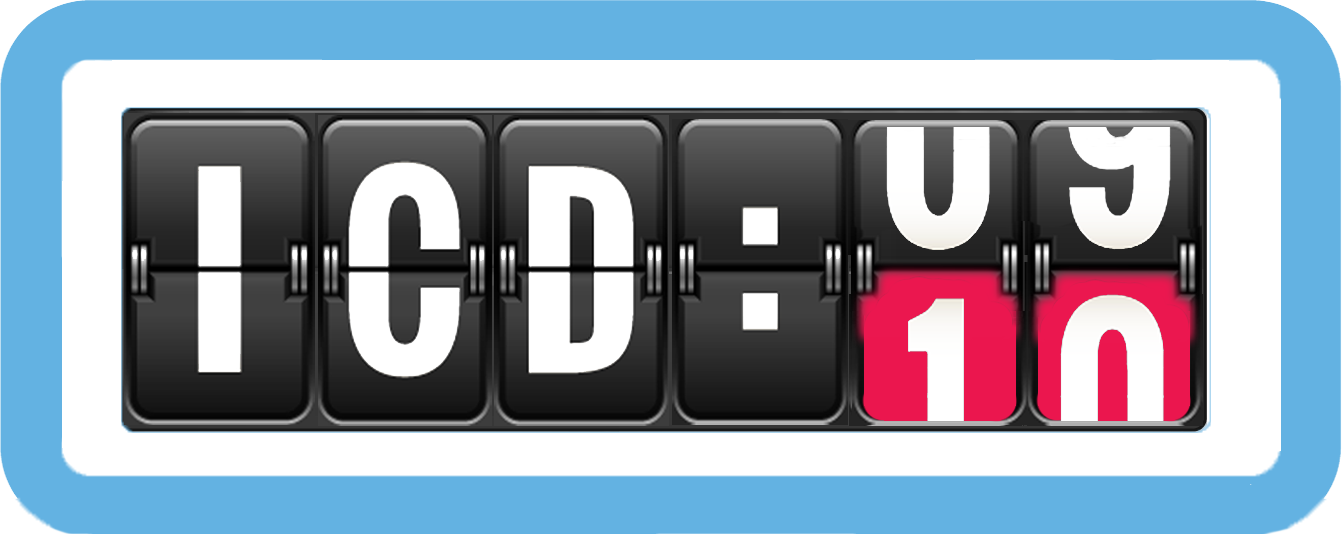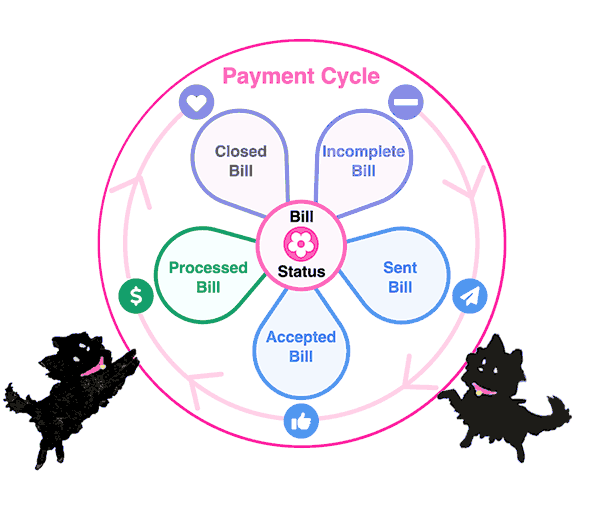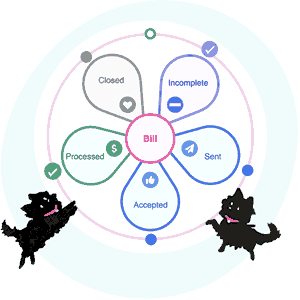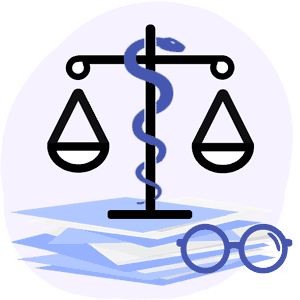The No-Panic Guide to ICD-10
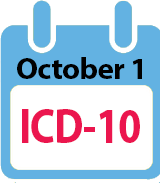
The ICD-10 effective date is only 9 days away! Here’s what you need to know:
Be Prepared
As of October 1, all health care provider billing, including California workers’ compensation billing, must comply with ICD-10 standards and regulations. Specifically, providers and claims administrators must use ICD-10 code sets for dates of service or discharge that are on or after October 1.
We at daisyBill have done a lot of work to make the transition to ICD-10 as seamless as possible for our clients, including adding new features that minimize the time daisyBillers spend updating their systems. We’ve pored over every word and regulation of ICD-10 that affects California’s workers’ comp billing.
Specifics about ICD-10 implementation and how it affects workers’ comp are also notably scarce: The Department of Workers’ Compensation Medical Billing and Payment Guide has exactly two pages (out of total of 123) devoted to ICD-10.
Pages 6 and 7 boil down to the following three sentences:
- Section 3.1.0: If an ICD code is required, providers must use the proper code based on date of service or date of discharge.
- Section 3.1.1: Each bill can only use one set of ICD codes; a bill cannot contain a mixture of ICD-9 and ICD-10 codes.
- Section 3.2.1: Hospital codes for dates of service or discharge on or after October 1 shall be in accordance with a long list of ICD-10-related documents.
That’s it—the sum total of what the DWC has to say (so far) about ICD-10.
There are also a number of pending unadopted proposed regulations, which can be reviewed here: DWC ICD-10 Regulations.
Workers’ comp may not always function well, but daisyBill does. Our Billing Software generates compliant RFAs, bills, and appeals in a snap. Schedule a free demonstration, and see what daisyBIll can do for your office.
REQUEST DEMO
DaisyBill provides content as an insightful service to its readers and clients. It does not offer legal advice and cannot guarantee the accuracy or suitability of its content for a particular purpose.
